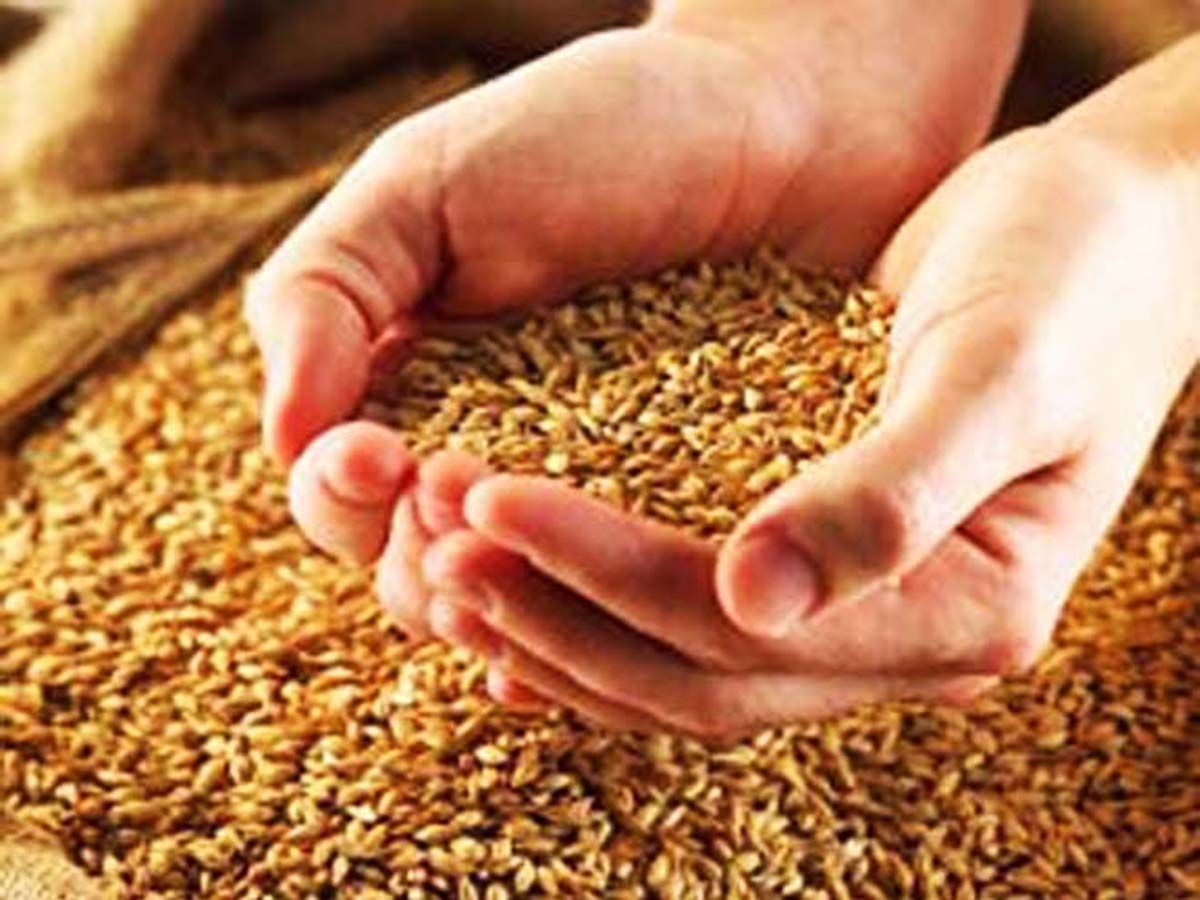Volatility in global grain market inevitably leads to higher prices for flour – experts

By Trend
The situation in the global grain market will remain volatile, Deputy Director of the Russian School of Economics, Professor of Azerbaijan State University of Economics (UNEC) Elshad Mammadov told Trend.
"The global economic crisis is continuing and price imbalances, imbalances in general between the financial and real sectors of the economies of different countries are reaching extremely high values and of course, inflation is already a tendency, and geopolitical tension further aggravates the situation. I think that in these conditions it's extremely important for all countries to maintain predictability, and stability in the domestic consumer market and ensure food security," Mammadov said.
According to him, Azerbaijan faces serious challenges.
"First of all, the challenges are related to the fact that our main foreign trade partners in grain export are Russia, Ukraine and Kazakhstan. It's clear that in the context of the events that are taking place on the territory of Ukraine, it does not seem realistic to count on stable supplies. As for Russia and Kazakhstan, these countries are also introducing restrictive regimes in foreign trade on one hand in order to strengthen their capabilities in the global grain market, and on the other hand in order to ensure the food security of their countries as a priority," he said.
He stressed that one of the ways out of the situation is the most efficient use of internal resources to localize production processes within the country.
"It's necessary to replace imports extremely rapidly, to develop domestic production. In general, bearing in mind the critical importance of wheat in the domestic food market, I believe that with this situation, with this state of affairs, it's urgent to do something and change tendencies in the opposite direction, so that the domestic market could be provided with products of domestic producers, in order to ensure the country's food security in the right format," Mammadov added.
According to Ph.D. in Economics Ilgar Velizade another unfavorable factor for the volatile situation on the global grain market is climate change.
"In particular, a significant decrease in agricultural production is expected in European countries due to the severe heat. This is a very important factor affecting the production of all types of agricultural products, including grain products. Another factor is a shortage of water for irrigation, in particular, in a number of Middle Eastern states in which a significant part of milling wheat was grown for domestic consumption - Iraq, Syria, Egypt," Velizade said.
However, according to Velizade, unfavorable factors connected to the disruption in supply chains on the global market leaders to the fact that some grain-producing countries, such as India, reduce the amount of grain intended for export.
"Naturally, the situation is affected by the increase in prices for fertilizers, due to the fact that the supply of mineral fertilizers from countries such as Russia, Belarus, and Ukraine to foreign markets is reduced, and this also leads to a decrease in grain yields. In addition, the increase in fertilizer prices due to the increase in energy prices, most mineral fertilizers are produced from energy carriers - this is also a possible consequence of the critical situation. This year, these critical tendencies are taking place, but next year it is quite possible to expect a deterioration of the situation," Ph.D. noted.
Unfortunately, all these processes make an increase in flour prices in Azerbaijan also inevitable, Velizade added.
"Azerbaijan buys grain abroad in large volumes, and we can expect that in the near future there may be a rise in prices for this type of product in Azerbaijan. Azerbaijan is making every effort to somehow balance this situation by increasing its own grain production and increasing yields - this can be achieved by improving the agrotechnical measures, in particular, optimizing the irrigation system, optimizing work to improve soil quality, including through its own fertilizers. The introduction of new land in the liberated territories of Azerbaijan also gives considerable hope that grain production will grow in the coming years," he explained.
"I hope that these events, which are being held in combination, will allow us to achieve the desired results in the coming years. Nonetheless, the social policy that is being implemented in Azerbaijan can also offset the negative risks of an increase in grain prices. I hope that this set of measures will allow the situation to stabilize, to direct it in line with the forecasted processes, which is very important today," Velizade stated.
---
Follow us on Twitter @AzerNewsAz
Here we are to serve you with news right now. It does not cost much, but worth your attention.
Choose to support open, independent, quality journalism and subscribe on a monthly basis.
By subscribing to our online newspaper, you can have full digital access to all news, analysis, and much more.
You can also follow AzerNEWS on Twitter @AzerNewsAz or Facebook @AzerNewsNewspaper
Thank you!
